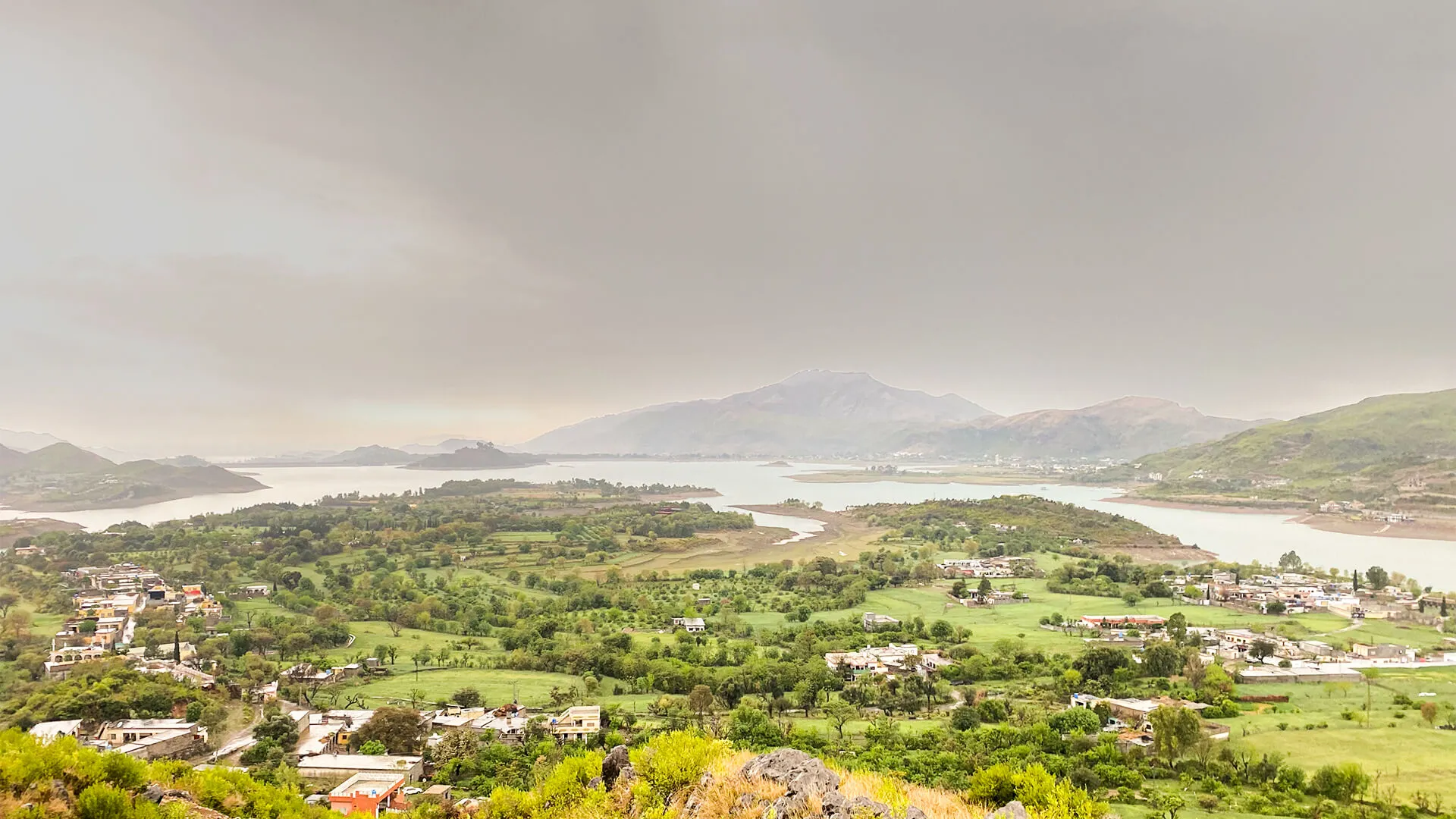Buying property in Pakistan is a dream for many. Whether you are investing for the future or searching for your ideal home, the real estate process can be both exciting and overwhelming. That’s why understanding the legal requirements for real estate investment is essential. This guide walks you through the property registration process in Pakistan, explains how to verify property documents before purchase, and highlights key tips to avoid legal troubles.
Why Pakistan’s Real Estate Market is Thriving
In recent years, Pakistan has seen a rise in urbanization and housing demand. Cities are expanding, infrastructure is improving, and mega housing projects like Lakeshore City are leading the way. Nestled amid majestic mountains and a scenic dam view, Lakeshore City offers residential plots, commercial units, and farmhouse lands — all with flexible, affordable payment options.
No down payment. No confirmation charges. Book a 5 Marla plot for just PKR 25,000 — it counts as your first installment too!
Step-by-Step: The Legal Journey to Buy Property in Pakistan
- Identify the Type of Property You Want
Start by deciding if you want:
- Residential plots (like Lakeshore Residencia)
- Commercial spaces
- Farmland or luxury farmhouses (such as Lakeshore Farms)
Each comes with its own regulations and investment goals.
- Verify the Seller’s Identity and Property Ownership
Before you commit, make sure the seller is legally authorized to sell the property. Always ask for:
- CNIC copies of the seller
- Original title deed (Registry or Fard)
- Power of attorney (if someone is selling on behalf of another)
How to verify property documents before purchase?
Visit the local land record authority (like Punjab Land Records Authority) to verify the documents. For societies like Lakeshore City, make sure the society is approved by the relevant development authority.
3. Review the Property’s Legal Status
You need to ensure that:
- The land is not under litigation
- It is free from encumbrances
- There are no outstanding dues
Also, confirm that the land use matches your intent — residential, commercial, or agricultural.
4. Sign a Sale Agreement
Once you’re satisfied with the legal status, draft a Sale Agreement (Biana). It should include:
- Buyer and seller details
- Full property details
- Total price and payment plan
- Possession and registration timeline
In many housing projects, like Lakeshore City, booking confirmation serves as the initial sale agreement. You only need PKR 25,000 to begin.
5. Pay Taxes and Duties
According to Pakistani law, certain taxes apply:
- Stamp duty (typically 3%)
- Capital value tax (CVT) (2%)
- Withholding tax (1-2%, depending on filer status)
Most of these are paid at the time of registration.
6. Register the Property
This is a key part of the property registration process in Pakistan. Here’s what happens:
- Visit the Sub-Registrar Office
- Submit sale deed, CNICs, and payment receipts
- Pay government fees
- Complete biometric verification
- Receive your registered sale deed
Note: Registration formalities may vary slightly depending on your location (Punjab, Sindh, KP, etc.)
7. Get Mutation and Possession
After registration, apply for mutation (Intiqal) at the local land revenue office. This officially transfers the ownership title to your name.
Finally, you receive physical possession of the land or property.
Why Legal Checks Are So Important
Skipping legal steps or trusting verbal agreements can lead to:
- Disputes over land title
- Financial fraud
- Delayed possession
Court cases that drag for years
Even if you’re buying from a well-known society, always verify. Lakeshore City provides verified legal documents, NOCs, and plots approved by authorities. This saves you from future risks.
Lakeshore City: A Legally Sound Investment Opportunity
Lakeshore City isn’t just scenic—it’s legally secure and investment-ready. Here’s why:
- No Down Payment: Just pay PKR 25,000 to start
- Flexible 60-Month Installment Plans
- Transparent Paperwork
- Approved Society Status
- Lake-facing Residencia, Commercial, and Farm Options
Legal Tips Before Buying Property in Pakistan
Here are some pro tips to avoid trouble:
- Visit the site personally before paying
- Check NOC (No Objection Certificate) from concerned authority
- Ask for layout plans approved by TMA or CDA (depending on region)
- Ensure your payments are documented with receipts or bank transfers
- Consult a property lawyer if needed
Summary Table: Legal Requirements for Real Estate Investment
| Step | Legal Requirement |
| Seller Identity | CNIC, Title Deed, Authority to Sell |
| Legal Status | Free from cases, Encumbrance, Dues |
| Agreement | Sale Deed or Biana Agreement |
| Taxes | Stamp Duty, CVT, Withholding Tax |
| Registration | Sub-Registrar Office process |
| Mutation | Ownership Transfer |
| Possession | Site handover and confirmation |
Advantages of Buying in Lakeshore City
- Prime scenic location near mountains and a dam
- Easy payment plans (60 months)
- No legal ambiguity — all documentation provided
- High return potential due to rising demand
- Safe and secure community living
Final Thoughts
Buying property in Pakistan can be safe, smooth, and rewarding — if you understand the legal process and choose the right developer. Whether you’re investing or building your dream home, Lakeshore City offers peace of mind, affordability, and legal transparency.
Take the first step today. Book your 5 Marla plot in just PKR 25,000 — with no down payment or confirmation charges.
FAQs – Legal Property Buying in Pakistan
1. Can overseas Pakistanis buy property in Pakistan?
Yes. With a valid NICOP, overseas Pakistanis can legally purchase property.
2. Is property buying safe in housing societies?
Only if the society is approved and the land is verified. Always ask for NOC.
3. What taxes should I expect when buying property?
You’ll pay stamp duty, capital value tax (CVT), and sometimes withholding tax.
4. Is Lakeshore City legally approved?
Yes. All approvals and legal documents are available on request.
5. What if I don’t want to pay upfront?
No worries! At Lakeshore City, there’s no down payment. Just book with PKR 25,000 — it counts as your first installment.
6. How can I check if property documents are real?
Visit the local land authority or request document verification from a real estate lawyer.
Read More:
5 Most Profitable Business Ideas for Commercial Spaces in Lakeshore City
Investing in Pre-Developed vs. Under-Development Projects: Which One Is Better?



